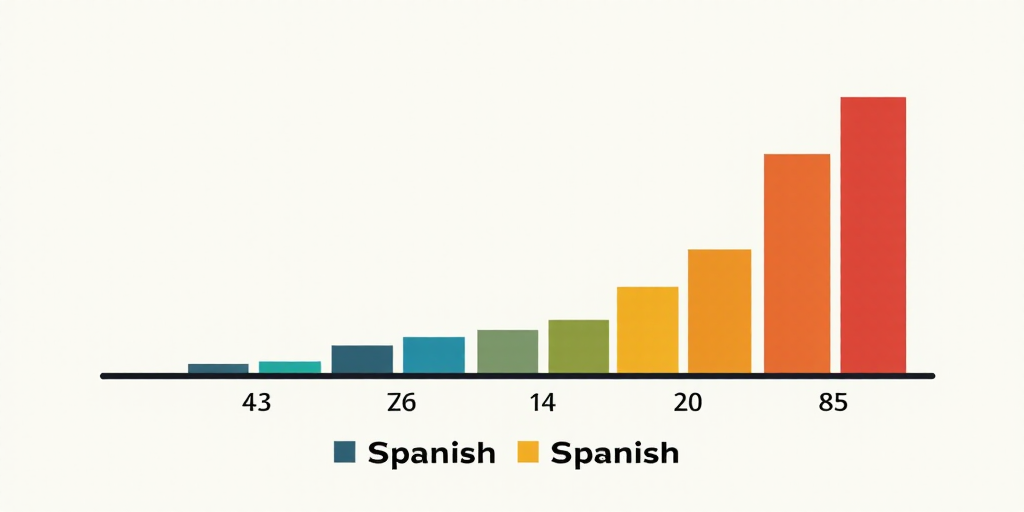Introduction
In Mexico, early childhood education—specifically during the first three years of life—has low enrollment rates. Less than half of children and girls in these age groups are enrolled in preschool or daycare units.
Enrollment Statistics
The enrollment rates in Mexico for infant care units and preschools are relatively low, particularly among children aged one to three.
- One-year-olds: Only 1% of infants are enrolled in any care institution.
- Two-year-olds: The enrollment rate increases slightly to 8%, according to Organization for Economic Co-operation and Development (OECD) data.
- Three-year-olds: Enrollment rises but remains below half, with only 37% attending preschool or specialized care units.
For children aged 4 to 5, there is a noticeable increase in school attendance. This indicates that most families wait until their children reach this age before enrolling them in these institutions.
Context and Relevance
Early childhood education is crucial for a child’s development, as it lays the foundation for future learning and social skills. In Mexico, low enrollment rates in early childhood education programs suggest that many children are missing out on these vital early learning experiences.
Prominent figures in Mexico’s education sector, such as Dr. María del Rocío García López, the former Secretary of Education (2017-2018), have emphasized the importance of early childhood education. She highlighted that investing in early education leads to better academic performance, reduced dropout rates, and improved social skills among children.
The Mexican government has recognized the significance of early childhood education and has implemented programs like “Primer Ciclo de Educación Inicial” (Initial Education Cycle, Phase 1) to increase access and quality of early education. However, the low enrollment rates among the youngest children indicate that more efforts are needed to encourage parents to enroll their children in early education programs.
Impact on Children and Society
Low enrollment rates in early childhood education can have long-term consequences for children’s development and society as a whole.
- Delayed Development: Children who do not receive early education may experience delays in cognitive, social, and emotional development.
- Educational Disparities: The gap in educational readiness between children who have and have not attended early education programs can widen, leading to greater disparities in academic performance.
- Economic Implications: Lower educational attainment among children can result in reduced future earnings and increased social inequality.
By increasing early childhood education enrollment, Mexico can help bridge these gaps and ensure that all children have equal opportunities to succeed in their educational journey.
Key Questions and Answers
- What is the current state of early childhood education enrollment in Mexico? Enrollment rates for children aged 1 to 3 are low, with only 1% of one-year-olds, 8% of two-year-olds, and 37% of three-year-olds enrolled in preschool or specialized care units.
- Why is early childhood education important? Early childhood education lays the foundation for future learning, social skills development, and better academic performance.
- What are the consequences of low early childhood education enrollment? Delayed development, increased educational disparities, and potential economic implications are some of the long-term consequences for children and society.
- What efforts are being made to improve early childhood education in Mexico? The Mexican government has implemented programs like “Primer Ciclo de Educación Inicial” to increase access and quality of early education.






